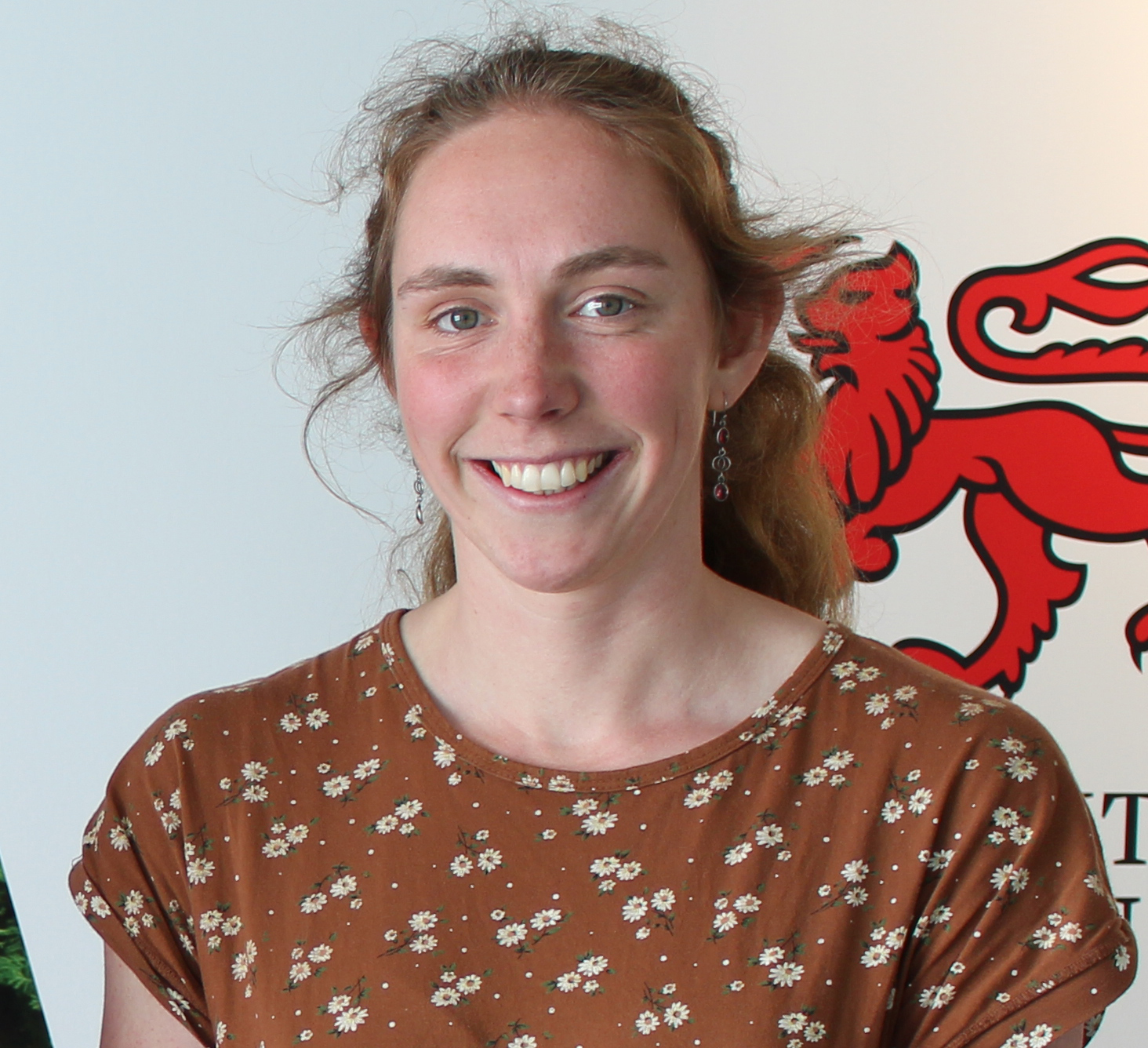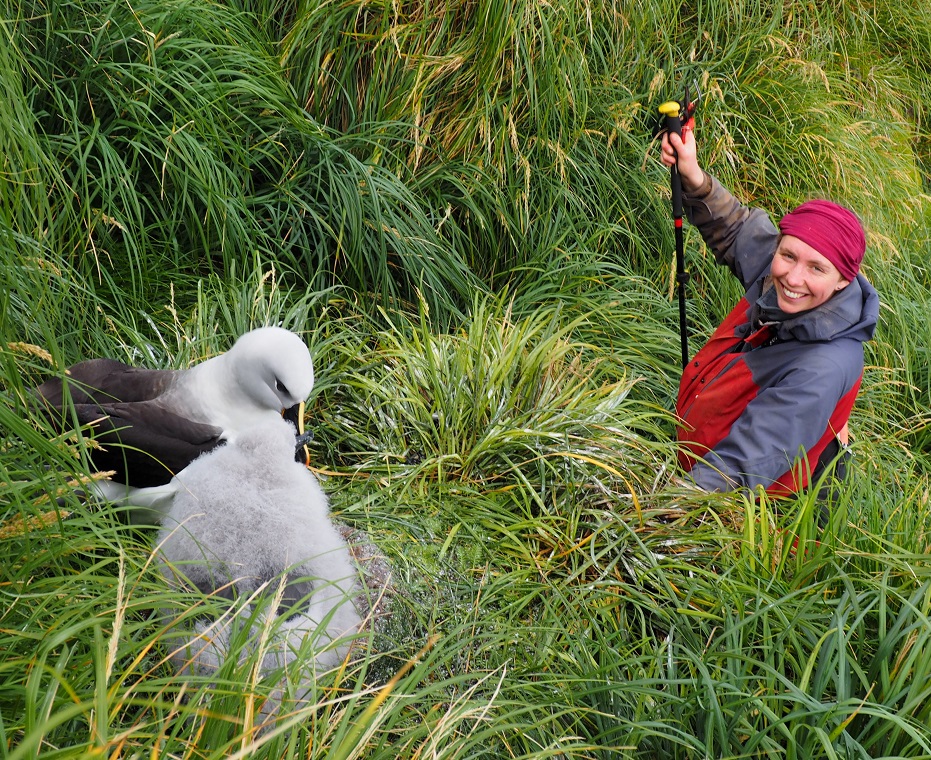
Winning a prestigious Fulbright Scholarship for 2020 will allow IMAS PhD student Penny Pascoe to travel to Northern Illinois University in the United States to study how Island ecosystems recover following invasive mammal eradications.
She said she was excited and surprised to win the scholarship, which will allow her to study alongside one of her PhD supervisors, Associate Professor Holly Jones, instead of having to catch up over Skype.
“I was expecting this application to be a practice for next year because it was so early in my PhD and I didn’t expect to win,” Ms Pascoe said.
“The Fulbright Scholarship will give me the opportunity to go over there and work in their lab and collaborate with the researchers working in the same field as me.”
Ms Pascoe’s research uses cutting-edge stable isotope analysis to track whether seabird populations have returned to remote islands after the eradication of feral pests such as rats and mice.
 “Most island ecosystems are driven by seabirds, which are the primary source of nutrients into an island through their droppings, which then support plants and insects and so on.
“Most island ecosystems are driven by seabirds, which are the primary source of nutrients into an island through their droppings, which then support plants and insects and so on.
“You have to eradicate the invasive mammals to have any hope of the bird population and therefore the island’s ecosystem recovering.
“But monitoring recovery by counting all the seabirds is extremely time consuming and it can take years to observe a trend.
“Instead, we are looking at nutrient flows, specifically seabird derived nutrients, through stable isotope analysis.
“By looking at samples from soil, plants and predatory invertebrates such as spiders we can tell if seabird nutrients are reaching levels similar to those on a never invaded Island, and from that we can gauge whether the island’s ecosystem function is recovering,” she said.
Before starting her studies Ms Pascoe worked as a field assistant and then as a Parks and Wildlife Ranger, monitoring wildlife recovery on remote New Zealand and Australian islands, where she saw first-hand the damage that invasive mammals can do.
She is the sixth IMAS-affiliated researcher to win a Fulbright Scholarship in recent years, following in the footsteps of Felicity Graham (2018) Pearse Buchanan (2017), Simon Jarman (2015), David Gwyther (2013) and Gretta Pecl (2009).